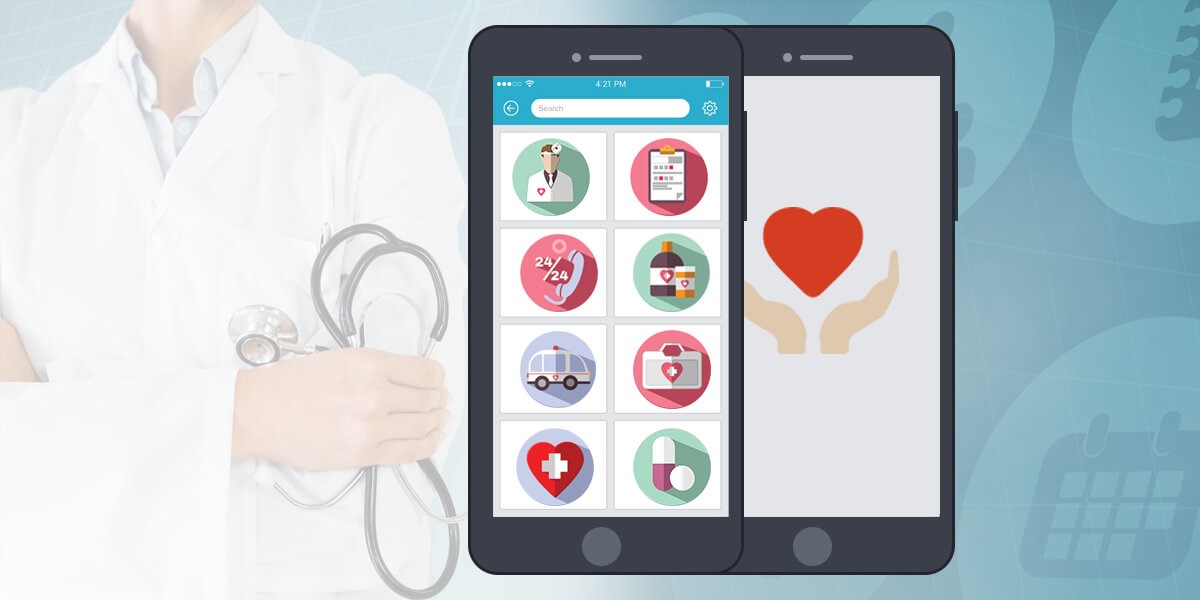
In recent years, the intersection of technology and mental health has garnered significant attention. The rapid evolution of digital tools and platforms has paved the way for innovative approaches to mental health support, providing both professionals and patients with unprecedented resources. This article delves into how technology is enhancing mental health support, focusing on teletherapy, mobile applications, artificial intelligence, and data analytics.
Teletherapy: Bridging the Gap
Teletherapy, or online therapy, has revolutionized the way mental health services are delivered. By leveraging video conferencing tools, individuals can now access professional mental health support from the comfort of their homes. This modality has proven particularly beneficial for those living in remote areas or those who face mobility challenges.
The COVID-19 pandemic accelerated the adoption of teletherapy, highlighting its effectiveness and convenience. Studies have shown that teletherapy can be as effective as traditional in-person therapy for various conditions, including anxiety and depression. Moreover, it offers increased flexibility, allowing patients to schedule sessions outside typical office hours, thereby accommodating diverse lifestyles and commitments.
Mobile Applications: Mental Health at Your Fingertips
Mobile applications have emerged as a powerful tool in mental health support. These apps offer a range of services, from mood tracking and meditation to cognitive behavioral therapy (CBT) exercises and crisis intervention. With the ubiquity of smartphones, mental health support is now more accessible than ever.
One notable example is the app “Headspace,” which provides guided meditation and mindfulness exercises. Such apps can help users manage stress, improve focus, and enhance overall well-being. Another example is “Moodpath,” which offers an interactive depression and anxiety screening program. By regularly assessing users’ mental health and providing tailored feedback, these apps empower individuals to take proactive steps in managing their mental health.

Artificial Intelligence: Personalized Support
Artificial Intelligence (AI) is playing an increasingly significant role in mental health support. AI-driven chatbots, for instance, can provide immediate assistance and guidance to individuals experiencing distress. These chatbots use natural language processing to engage in conversations, offering coping strategies and resources based on the user’s input.
Moreover, AI can help in personalizing mental health support. By analyzing data from various sources, such as social media activity, wearable devices, and self-reported information, AI algorithms can identify patterns and predict potential mental health issues. This predictive capability allows for early intervention, which is crucial in preventing the escalation of mental health problems.
Data Analytics: Informing Better Care
Data analytics is transforming the mental health landscape by providing valuable insights into treatment efficacy and patient outcomes. By aggregating and analyzing data from electronic health records, therapy sessions, and patient feedback, mental health professionals can identify trends and tailor interventions more effectively.
For instance, data analytics can help determine which therapeutic approaches are most effective for specific conditions or demographics. This evidence-based approach ensures that patients receive the most appropriate and effective treatment. Additionally, data analytics can identify gaps in service delivery, enabling healthcare providers to allocate resources more efficiently.
Virtual Reality: Immersive Therapy
Virtual Reality (VR) is another technological advancement making waves in mental health support. VR therapy involves the use of VR headsets to create immersive environments that can be used for therapeutic purposes. This approach has shown promise in treating conditions such as PTSD, phobias, and anxiety disorders.
For example, VR exposure therapy allows patients to confront and manage their fears in a controlled and safe environment. By gradually exposing individuals to anxiety-provoking stimuli, VR therapy helps desensitize them and reduce their symptoms. This innovative approach offers a new dimension to traditional therapeutic techniques, enhancing their effectiveness.
Challenges and Considerations
While technology offers numerous benefits in mental health support, it is not without challenges. Privacy and security concerns are paramount, as sensitive patient data must be protected from breaches and unauthorized access. Ensuring that digital tools comply with regulations such as the Health Insurance Portability and Accountability Act (HIPAA) is critical.
Moreover, the digital divide remains a significant barrier. Not all individuals have access to the necessary technology or internet connectivity to benefit from digital mental health services. Efforts must be made to bridge this gap and ensure equitable access to mental health support for all.
Conclusion
Technology is undeniably enhancing mental health support, offering innovative solutions that improve accessibility, personalization, and efficacy. Teletherapy, mobile applications, artificial intelligence, data analytics, and virtual reality are transforming the mental health landscape, providing new avenues for support and intervention. As these technologies continue to evolve, it is essential to address the associated challenges and ensure that they are leveraged to their full potential, ultimately improving mental health outcomes for individuals worldwide.










